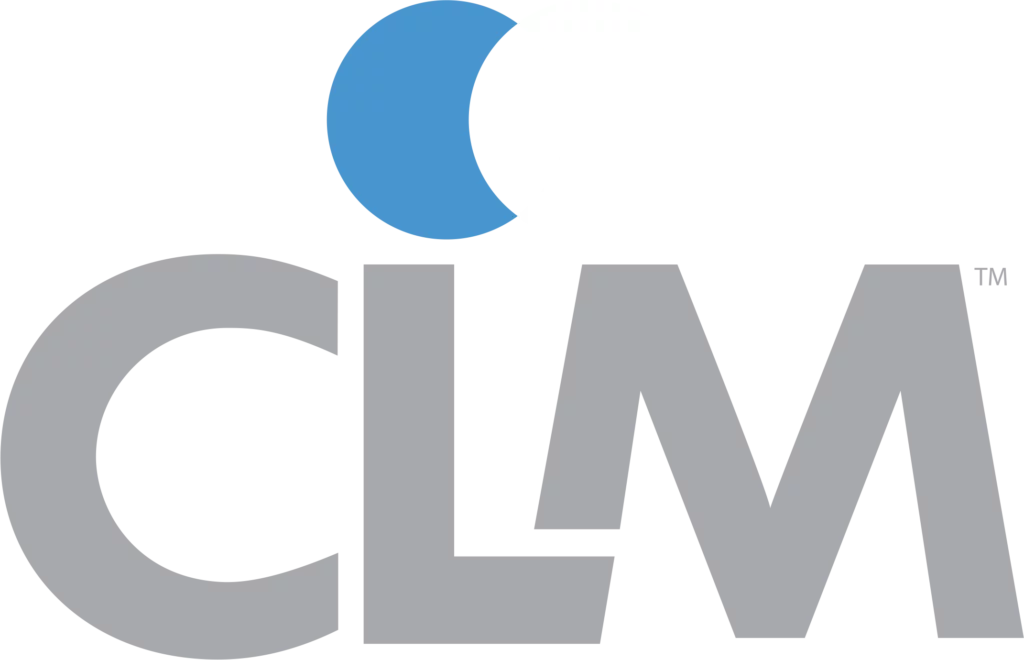By Bob Hiebeler
Businesses that want to thrive in today’s hyper-connected world need to think like their customers. In the past, it was common for businesses to focus primarily on maximizing profits, and in some cases, this was done at the expense of customers. However, in light of the widespread availability of information thanks in part to the internet, social media, and technological advances that make knowledge available at the touch of a button, customers are much better informed, connected with other consumers, and as a result, more empowered.
Ultimately, businesses have had to adapt in order to survive in this new paradigm, and in the process, the purpose of business has shifted. Businesses that prioritize the needs and desires of their customers are discovering greater success in today’s marketplace. This means not only offering high-quality products and services, but also creating a positive customer experience, engaging with customers on social media and other platforms, being responsive to their feedback and concerns, and understanding and anticipating your customer’s needs and preferences. This type of customized service is a key element of Anticipatory Organization®. Anticipatory Organization® is a strategy that involves anticipating customer needs, wants, and interests in advance. Gone are the days of sitting around waiting for your customers to come to you to tell you what they want. Successful businesses are those that can anticipate what their consumers need and bring it to them.
While the level of empowerment available to consumers through the widespread use of technological information is relatively new, the thought process behind thinking like your customer has been around for decades. Peter Drucker, an Austrian-American management consultant, educator, and author argued back in 1954 that the purpose of a business is to serve its customers and create more customers, with money being the result but not the purpose. Similarly, Stephen Denning’s more recent “Customer Capitalism” concept as highlighted in his recently published book “Reinventing Capitalism in the Digital Age” focuses on the idea that customers have the power, and that businesses must adapt to meet their needs and preferences.
For owners and managers who want to help position their businesses for success, here are six things you can start doing today to help you ‘ Think like your customer.’
- Imagine yourself in a role play as a customer to your own business, and walk through the “Customer Journey” …the lifecycle interactions with your company. Discuss with your employees and your customers exactly how the journey progresses and try to put yourself in your consumer’s shoes. Are there spots where the journey could be simplified?
- Listen carefully to your customer for “words that reflect their journey” and their challenges in experiencing your product or service.
- Rethink your current “point of contact” solutions…do they meet your standards? Would they meet your needs if you were a customer?
- Make it easy for the customer to express their needs; for example, Walmart just invented a simple text message solution for any product, allowing you simply text an order at any point in time… Today everyone likes getting things done through text messages!
- Challenge your coworkers, managers, and employees to think like a customer whenever you notice undue attention to the company’s processes or the company’s needs over the processes or needs of the customer.
- Finally, modern businesses must create a strong brand identity and reputation that resonates with customers and inspires loyalty. This requires a commitment to ethical business practices, transparency, and social responsibility, as well as a willingness to listen to customer feedback and adapt to changing market conditions.
Overall, the key to success in the modern business world is to put the customer first and prioritize their needs and preferences above all else. By doing so, businesses can not only survive in this new paradigm but also attract new customers and drive growth over the long term.
Robert Hiebeler is a global consultant who regularly works with companies and business leaders worldwide about the search for, and implementation of, best practices to improve business performance. Robert is a Senior Anticipatory Organization® Consultant and Facilitator for Burrus Research and is working with CLM on Anticipatory Organization® strategies. Robert is also the best-selling author of the book Best Practices, Building your Business with Customer-focused Solutions and has been featured in numerous print publications.
Anticipatory Organization® is a registered trademark of Burrus Research





